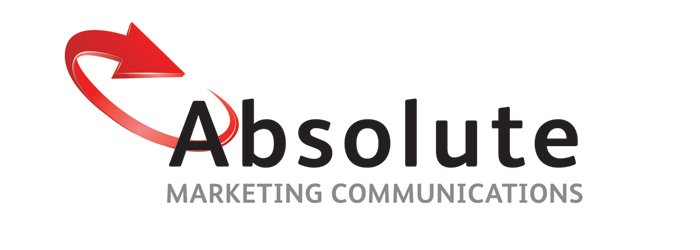Loyalty programs can play a big part in our behaviour as shoppers. They are also a valuable tool for retailers when it comes to collecting market research data. A good loyalty program can determine whether or not we shop with a particular retailer. Recently the Woolworths Rewards program has come under fire by shoppers and media.
I have to wonder what the Woolworths marketing department were thinking when they developed this program. In theory they had a good idea but when executed it fell short. If you’re not familiar with the program Woolworths offer a dollar amount cash back on products displaying their reward dollar ticket. Once you’ve accumulated $10, this comes off your next shop.
There were a couple of problems with this. Firstly, they had a good loyalty program whereby you earned Qantas Frequent Flyer points when you spent over $30 in one transaction. This proved valuable to a lot of shoppers. When they introduced the reward dollars program they abolished their affiliation with Qantas. The other issue is there aren’t many products that are relevant to most shoppers that carry a reward, so to achieve a $10 cash back is no easy feat.
For months now social media has been inundated with shoppers complaining about the lack of reward products on offer therefore resulting in thousands of dollars being spent with no reward. A lot of these customers mentioned they no longer scan their card when they shop there, meaning that Woolworths doesn't get the valuable market research data. Quite a few customers mentioned going back to Coles for their Flybuys program.
While the Woolies marketing department may have got it wrong when it came to the new rewards program, they are at least listening. At the end of the month they will launch their new loyalty program.
They have once again reinstated their affiliation with Qantas and now shoppers will earn 1 point for every dollar they spend in Woolworths, BWS and Caltex. Once a total of 2,000 points has been accumulated, shoppers will get $10 off their shop. My question is: how long will it take to accumulate 2,000 points? It seems they’ve been paying attention to Coles and their Flybuys program. You can redeem 2,000 Flybuys points for $10 off your shop but its not at all hard to get to 2,000 points if you shop at all the Flybuys partners and take advantage of their bonus points offers.
If Woolworths will be offering bonus points at any given time it may not take long at all to hit 2,000 points but if you base it on an average of $100 - $120 a week between groceries and fuel it will take approximately four to five months to get a reward. Will this be enough for shoppers? Time will tell.
